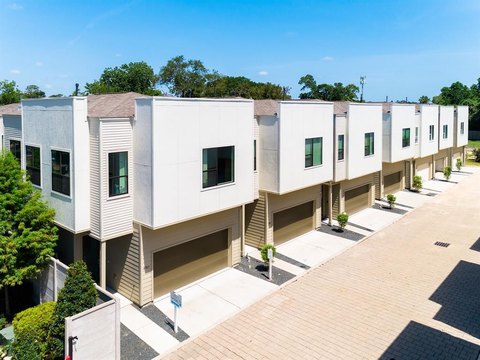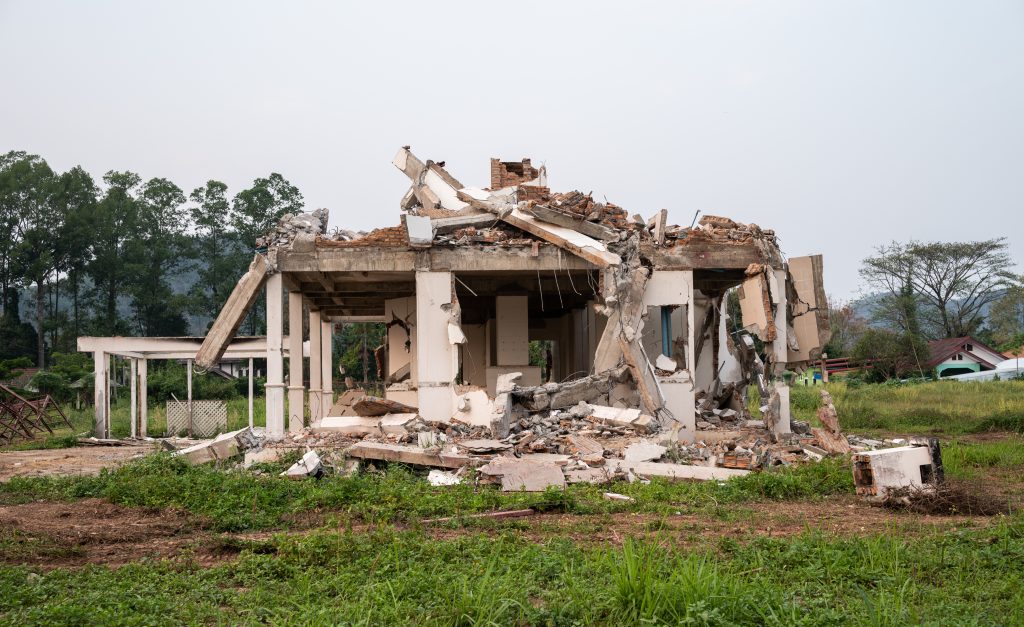
What is Wholesaling of Real Estates
Wholesaling real estate is the practice of finding distressed or undervalued properties, acquiring them at a low price, and then selling them to investors or rehabbers for a profit without ever taking ownership. It’s a low-risk way to make money in real estate, as the wholesaler never has to put up their own money or manage the property. The wholesaler makes money through the “assignment fee,” which is the difference between the purchase price and the price the property is sold to the investor for.
The Inside Scoop of Wholesaling
THe nitty-gritty, behind-the-scenes deetsI
Wholesaling real estate can be a hustle, no doubt. But the potential profits are seriously juicy.
You gotta be ready to move fast, Deals can vanish in a heartbeat also Building relationships is key, Networking with other investors, agents, and brokers is essential for finding off-market properties.
Marketing is a BIG deal. Ads, mailers, bandit signs, social media – you have to get the word out there.
How does Wholesaling Realestates work?

WholeWholesaling works like this:
- Wholesalers identify undervalued properties and negotiate a price with the seller.(A wholesaler finds a distressed property for cheap and get the property under contract with the seller)
- They then enter into a contract with the seller and assign that contract to a buyer, typically for a small fee(They “assign” the contract to an investor for a fee, The investor takes over the contract, pays the wholesaler the fee, and renovates the property).
- The buyer then purchases the property, often with plans to renovate and resell .They then sell the renovated property for a profit.
The Strategies For Wholesaling Realestates.
🏡 Wholesaling is a wild ride and tactical, some of the best strategies of finding good deals include:
- Networking- find motivated sellers-Strategies for success include: networking with real estate agents, attending foreclosure auctions, and using online platforms to find deals.
- Researching- research the market to know where to strike- and perfecting your negotiation skills to snag the best deals
- Building up a dream team of pros like lawyers and contractors to make the deal go smooth- and being as transparent as possible with buyers to build trust.
- Analyzing data on property values, market trends, and rental rates-
- Attending foreclosure auctions and REO sales and researching online foreclosure listings and MLS listings Basically, it’s all about being proactive, resourceful, and vigilant.
The “Pros and Cons” of Realestate Wholesaling.
Pros
- No need for a real estate license or large capital investment.
- Fast turnaround – deals can be closed in a matter of days or weeks.
- Flexible – can be done part-time or full-time, and from anywhere.
- It can be a great way to learn about the real estate industry.
- It can be a stepping stone to other real estate investing strategies, like rehabbing or buy-and-hold.
- Wholesaling can help build your personal brand and reputation as a real estate expert.
- It offers the potential for high returns on investment with relatively low risk.
- Wholesaling can be done remotely, allowing for geographic flexibility.
Cons:
- Requires strong negotiation skills and a solid network of buyers.
- Not always a guaranteed income – deals can fall through and fees can be low.- Can be risky and requires a good understanding of the market and legalities.
- It’s a competitive field – lots of competition out there.
- Potential legal risks, including claims of fraudulent misrepresentation.
- The need for strong marketing skills to generate leads.- The possibility of ethical concerns if the seller feels taken advantage of.
- The constant hustle – it’s not a passive income stream, and requires constant effort to generate deals.
- And of course, the ever-present risk of market fluctuations – a downturn can make finding buyers difficult.It’s a bit of a double-edged sword, for sure.
Wholesaling vs Flipping
Here’s how they stack up:
- Wholesaling: Low risk, low initial investment, but also low control and low potential profit.- Flipping: Higher risk, higher initial investment, but higher control and higher potential profit.
- Wholesaling is more about finding and assigning contracts, while flipping involves actually renovating and reselling a property.
- Wholesaling can be done remotely, while flipping typically requires hands-on involvement.- Wholesaling can be more scalable, while flipping can be more personally rewarding.
- Wholesaling is faster, often taking only a few weeks to complete a deal, while flipping can take months to renovate and sell a property.
- Wholesaling typically involves less stress and fewer headaches, while flipping can be a rollercoaster of emotions and challenges.
- Wholesaling often requires less upfront capital, but flipping can have higher returns if done right.
- Wholesaling is all about networking and relationship-building, while flipping requires more technical skills like construction and renovation know-how.
Do you need a licence to Wholesale Realestates?
it depends on the state and the specific type of wholesaling activity. Generally, if you’re simply finding and assigning contracts without taking title to the property, you don’t need a license. However, if you’re doing more complex transactions like double closings or getting paid a commission, you might need a real estate license. So, always check the regulations in your state before getting started.
How to make Bank in Realestates Wholesaling
Here’s the playbook for making bank in wholesaling real estate:
- Start by setting up a business structure and building a solid network of investors and partners.
- Develop a niche and focus on a specific type of property or market.
- Build a strong lead generation system, whether through direct mail, online marketing, or networking.
- Negotiate like a boss to secure the best possible deals.- Lock in a quick closing to minimize holding costs and maximize profits.
- Rinse and repeat! Consistency and persistence are key.
Key Points
- Wholesaling is when a person or company finds a property, negotiates a deal with the seller, and then assigns the contract to another buyer for a fee.
- It’s different from flipping because the wholesaler doesn’t actually own the property, they just act as a middleman.
- The goal of wholesaling is to make a quick profit by finding deeply discounted properties and selling them to investors looking for fix-and-flip opportunities.
- It’s often considered a lower-risk strategy than flipping, since the wholesaler doesn’t put any of their own money into the deal.
- Wholesalers need to be skilled negotiators and networkers, as they need to find motivated sellers and connect them with interested buyers.
- It’s legal, but can be a gray area – some states have specific regulations around wholesaling.
- Wholesaling requires a strong understanding of local market conditions and real estate laws.


0 Comments